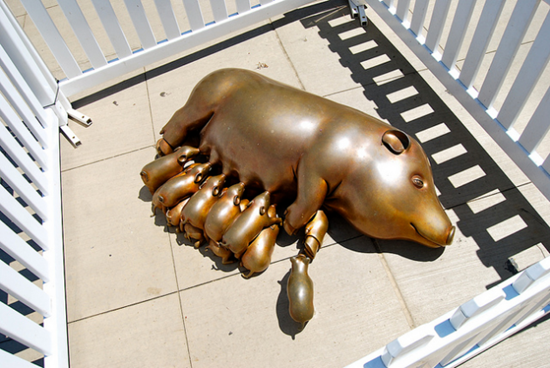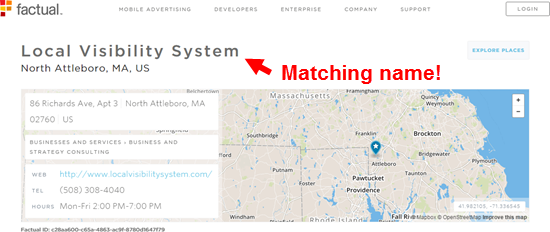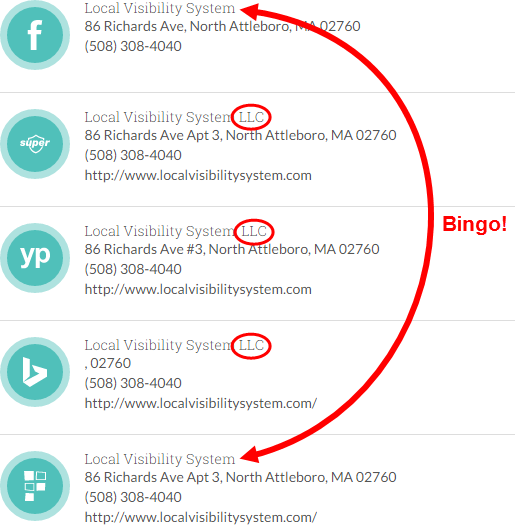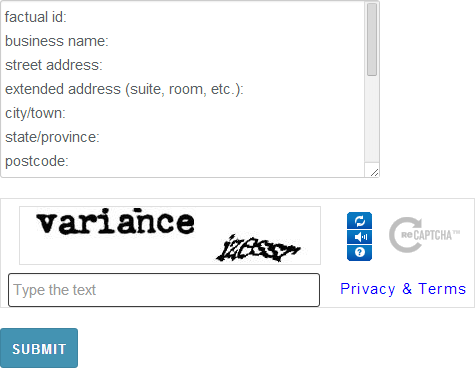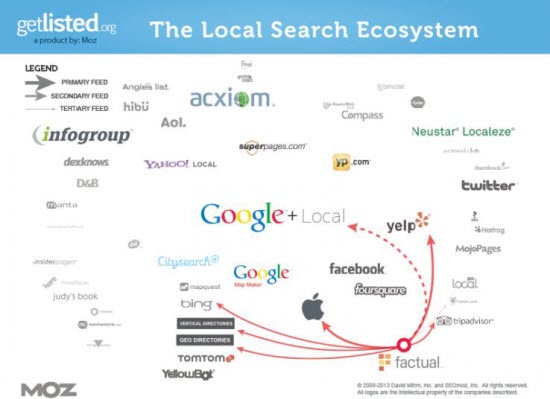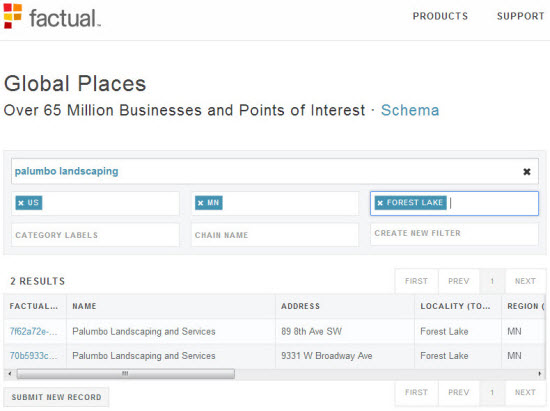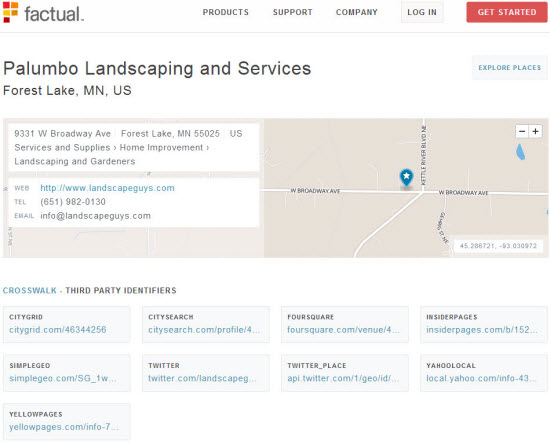Last year a client of mine with multiple locations asked me whether she really needed to bother creating a Facebook page for each location. She wanted to have just the mothership page, for her flagship location. Simpler. Less hassle.
Less benefit, too.
I suggested creating a Facebook page for all locations (which we did), and mothballed away my long answer for the next person who asked.
Then the question came up again on Google+. I offered a chopped-down answer there, but figured it was time to release the director’s cut.
Here’s why you should have a Facebook page for every location of your business (or at least for the locations you care about):
1. Customers want and expect to find a Facebook page for the location nearest them.
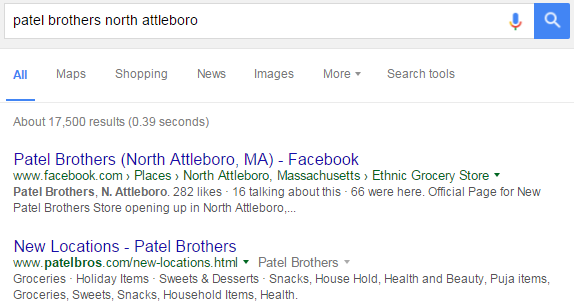
2. Google is more likely to show the Facebook page for your nearest location when would-be customers people in that area search for you by name. People in NYC see your NYC page, people in New Jersey see your Jersey page, etc. – even if they type exactly the same thing into Google. Google is pretty location-sensitive, and your strategy shouldn’t be any less so.
3. It’s an excellent “barnacle SEO” opportunity.
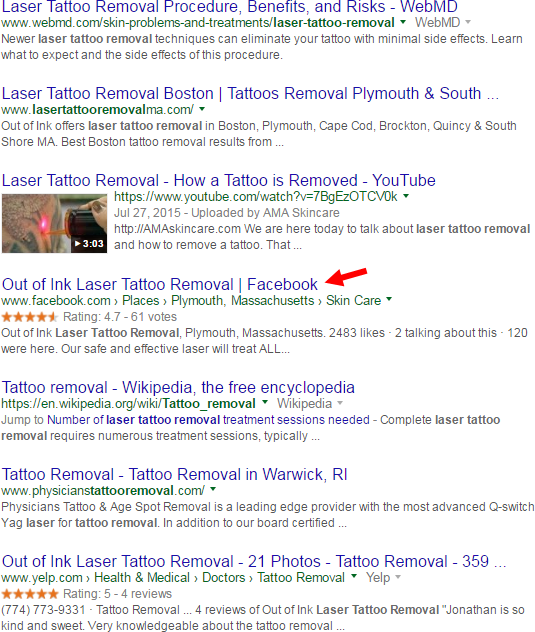
4. People don’t want to feel like they’re working with a satellite office, or with “corporate.”
5. You’ll have a chance at ranking well in Facebook – which is important to the extent that would-be customers go there and actually use Facebook’s search box to find what they’re looking for. Most people don’t do that, but you want to be visible to the ones who do.
6. It’s another place to get reviews, and a mighty important one at that. You don’t want only your “flagship” location to have Facebook reviews.
7. Want to use Moz Local? For verification and anti-spam purposes, it requires you to have a Facebook page or a Google My Business page for each location you want to load into Moz Local. Now, the tool isn’t always good at verifying you by looking at your Google page (for instance, you’ll run into problems if your address is hidden). That’s when your Facebook page may come in handy. Belt and suspenders.
8. It’s a good local citation.
9. Even you don’t create a Facebook page for a given location, one might be auto-generated for you anyway. If Factual gets it meathooks on your local-business data, it will feed that data to Facebook, which will pump out an “unofficial” page. You may or may not want that page, which may or may not even have the correct info on your business.
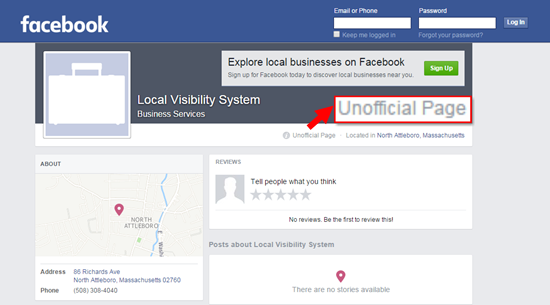
10. Wouldn’t you want the option of posting content that’s specific to one local market or the other? Rather than generic piffle that everybody’s supposed to like but that nobody really likes.

11. You don’t even have to spend time being active on all your Facebook pages (or any of them, for that matter). It’s nice if you do, but not essential. The page just needs to exist, if only for the people who expect to find it, and as a vessel for reviews.
12. It’s quick and easy to create each page. Don’t do it if you have a good reason that I didn’t address, but don’t skip it out of laziness.
13. You can always set up “Locations,” if you want what Facebook used to call a parent-child structure between your “main” page and your pages for specific locations. Here’s a great guide on Facebook “Locations” from Sweet IQ.
—
Can you think of reasons I didn’t mention?
Any arguments against creating a Facebook page for each location?
Leave a comment!
